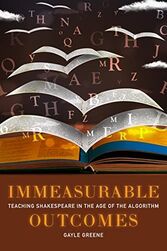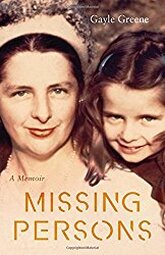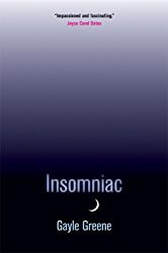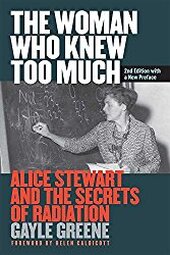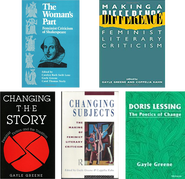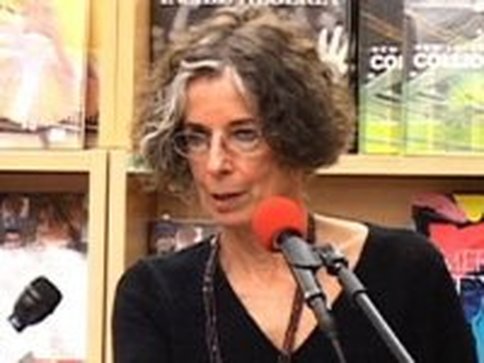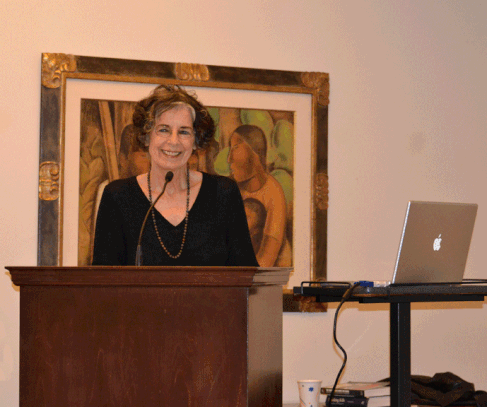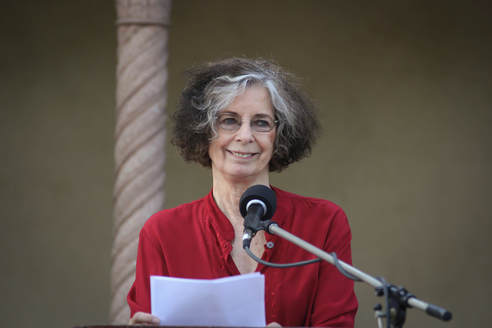|
I spent the first few decades of my writing life on books and articles about Shakespeare, Doris Lessing, feminist criticism. Then I got interested in women’s health and began a book on breast cancer activism which morphed into a book on cancer and environmental toxins, which never got published. What came of that was a front-page article in The Nation: A Toxic Link to Breast Cancer? While researching environmental causes of cancer, I met Dr Alice Stewart, the pioneer physician and epidemiologist who discovered that when you x-ray pregnant women, as doctors did in the 1940s and 50s, you double the risk of a childhood cancer. She was 88, a guru to the anti-nuclear movement. I spent five years flying between California and Oxford, interviewing her, her family, co-workers, radiation scientists, and writing her biography, The Woman Who Knew Too Much. Writing was my way of mourning my mother’s death, which became a memoir. Missing Persons is an elegy not only for a family but for California, the "Valley of Heart's Delight" become Silicon Valley, as gross today as it was idyllic once. Around this time, I embarked on a first-person account of living with insomnia. It started out as a memoir, but became as much about sleep science as about me. Insomniac was shortlisted for the Gregory Bateson Prize by the Society for Cultural Anthropology: “Shakespeare scholar turns ethnographer, sleep specialist, and science detective…[and] reveals just how little the contemporary medical community knows about the world of sleeplessness…” My most recent book, Immeasurable Outcomes: Teaching Shakespeare in the Age of the Algorithm (Johns Hopkins UP, spring 2023) argues that the liberal arts matter now more than ever, now when they are most endangered. I show as well as tell why by bringing you into my Shakespeare class. A liberal arts education is about the cultivation of the human--you've heard that before. But you haven't actually seen how the process works, how a class can develop the kind of intelligence and imagination that a democracy depends on. I show how the crisis of the humanities is related to the so-called reform of K-12, the high-stakes standardized testing regime that's cut out the arts and humanities to focus on drills, skills, bubble fill. I’ve published in mainstream venues such as The New York Times, Ms. Magazine as well as scholarly journals such as Signs, Contemporary Literature, Renaissance Drama. Lately I've published online in Huff Po, Psychology Today, The American Prospect, Counterpunch, Times Higher Education. Below are some links to articles related to education. The first is an elegiac piece in the Los Angeles Times about my mother's piano and the power of the arts. The second, from HuffPo, is an analysis of the Orwellian language of corporate reform. The third is a review of Molly McClain's biography of Ellen Browning Scripps, founder of Scripps College (where I taught 40 years), whose philanthropy sets an example for philanthropists today --leave education to the educators. The last links are to a review of the Netflix hit, The Chair; to an article about ed tech in TAP, and a Times Higher Education article: “let’s cut bloated administrations and class sizes…Faculty need to find ways of seizing back the control that’s been wrested from them in the past few decades." “Mother’s Day Memories, Piano Lessons—for Life” “In the Public Schools It’s Been 1984 for Quite Awhile” "Buried Treasure": Ellen Browning Scripps: New Money and American Philanthropy, by Molly McClain "Ed Tech Cashes in on the Pandemic" "The Country Moves Forward, Education Falls Back" "The Liberal Arts are not Disposable" "Toxic Cliches", review of Netflix The Chair "For better education, let's cut bloated administrations and class sizes", Times Higher Education, Dec 6, 2022 “The Terrible Tedium of ‘Learning Outcomes,” Jan 4, 2023, Chronicle of Higher Education Oh, yes, and my (one) published poem, “Death’s Brother". Here. |
